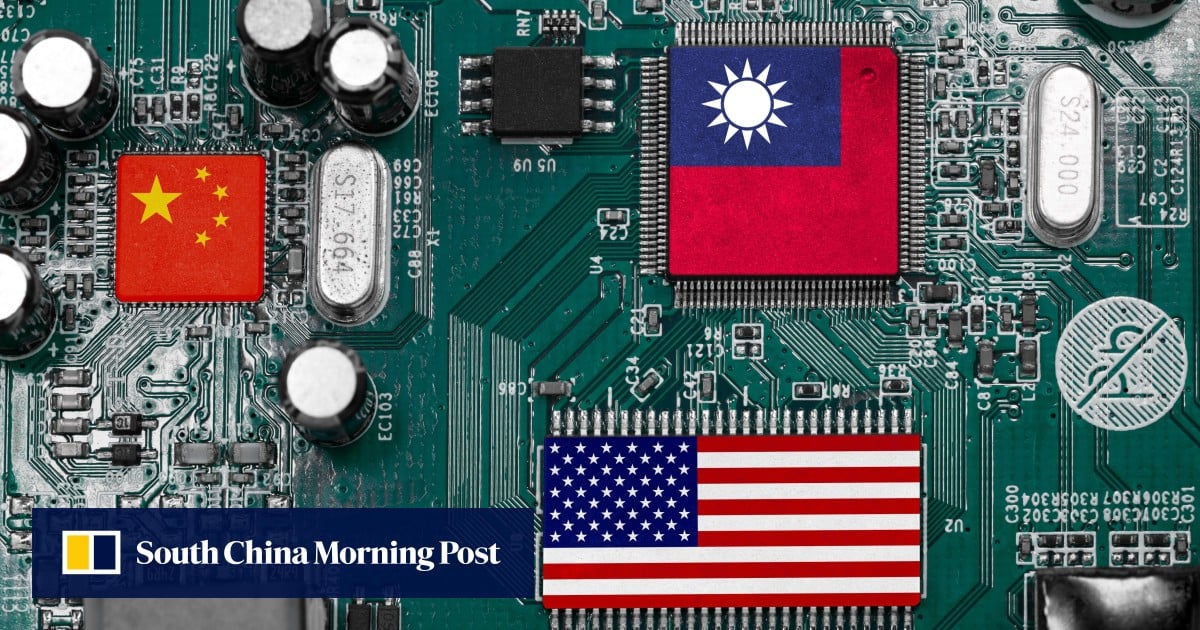HONG KONG — Chinese social media users dismissed a move by Swedish retailer H&M Group on Wednesday to quiet a furor over past comments on forced labor in a minority region.
In a statement released separately from its financial results, H&M said it was working with its local team to “do everything we can to manage the current challenges and find a way forward.”
It added that it was “dedicated to regaining the trust and confidence” of Chinese customers, workers and business partners.
H&M has faced an uproar in the country since last week when following new EU sanctions against China over alleged human rights abuses in the northwest region of Xinjiang, some internet users dug up a company statement from September 2020 expressing concern over “reports from civil society organizations and media that include accusations of forced labor and discrimination of ethnoreligious minorities” in the cotton-producing area home to the predominantly Muslim Uyghur people.
Beijing last week repeated its denial of abuses but also instituted its own countersanctions on various European individuals and organizations.
As the spotlight then turned to H&M, a number of Chinese celebrities suspended their endorsement arrangements with the brand while some internet users called for a store boycott.
H&M products also dropped from view on major e-commerce platforms including Alibaba’s Tmall and Taobao services, Pinduoduo and JD.com. H&M stores even disappeared from leading mapping service Baidu Maps and ride-hailing platform Didi Chuxing. Some landlords forced H&M outlets to shut.
On a results call with analysts and media on Wednesday, H&M executives said only that about 20 physical stores “are being closed right now in China” in response to a question about the business impact of the controversy.
China remained H&M’s third-largest market by sales, following the U.S. and Germany, in the December-February quarter and was the only large one to record growth.
“China is a very important market to us and our long-term commitment to the country remains strong,” the company said in its Wednesday statement on the country.
H&M, though, added that it still wants to be a “responsible buyer” and was “actively working on next steps with regards to material sourcing.” The company deleted its earlier contentious statement from its official website last week.
When asked on the results call whether H&M would resume use of Xinjiang cotton in its products, an executive declined to comment.
Chinese social media users were not satisfied.
“China may be an important market to you, but H&M is just a redundant brand for us,” one user said on Weibo, a Twitter-like platform.
“What makes them think that they can still make money in China without giving an apology after what happened?” another wrote.





